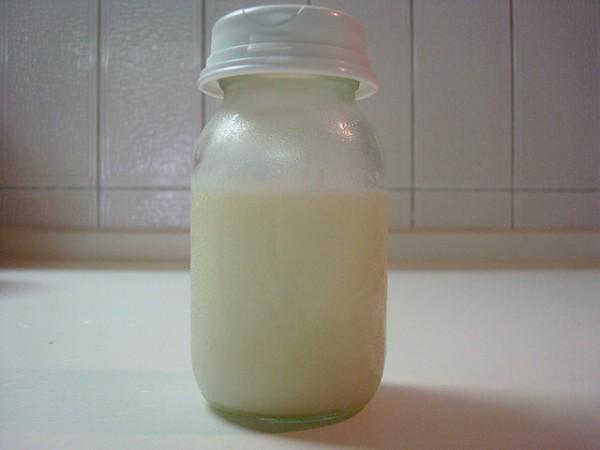
After Delhi, Bengaluru became the second city in India to see a human milk bank aimed at providing pasteurised human breast milk to babies — premature or full-term.
The breast milk bank started operation in Bengaluru on Tuesday, October 10.
The milk bank is run by an organisation named the Amaara Breast Milk Foundation, which opened its first human milk bank in Delhi. The organisation has now opened it's first branch in Bengaluru.
ALSO READ: Sleeping without your underwear can do wonders! Here's how
These are the top things you need to know about this milk bank:
1. The Amaara milk bank will be providing pasteurised human breast milk to premature neo-natal babies in order to provide them all-important nourishment and nutrition for healthy development.
2. The first milk bank by Amaara was launched in Delhi and it will be the first branch the organisation is launching in Bengaluru.
"We started this in Delhi a year ago for mothers requiring milk for their premature babies or anyone who needs to provide babies with milk. In Delhi, more than 150 babies have been fed with the milk from Amaara and a lot of mothers have come forward to donate," said Dr Ankit Srivastava, the co-founder of Amaara.
"This is a new concept and we are yet to break the taboo amongst the mothers. We are encouraging mothers by educating them and creating awareness about this novel thing they can do voluntarily," Dr Srivastava added.
ALSO READ: Mother refuses to breastfeed "alien" baby born in Bihar, India [VIDEO]

3. The main intention of Dr Srivastava is to aid those babies who die due to unavailability of breast milk. He aims at motivating people to help in saving such babies. The doctor even stated that many mothers were willing to donate their milk for this good cause in Bengaluru even before the inauguration of the milk bank.
4. The breast milk is processed comprehensively before being fed to the infants.
"We call it a medical bank. The reason is that all the impurities are removed from the milk collected and only then is it fed to the babies. The collected milk is pasteurised and then stored in a cold storage before being given to a child," Dr Raghuram Mallaiah, director, neonatology, Fortis La Femme, and co-founder of Amaara, explained.
"What we mean by pasteurised milk is that the milk collected might have bugs, bacteria and other impurities. This milk is run through different cycles in a machine and is pasteurised at 64 degree Celsius for half an hour. This kills all the bugs. Then the milk becomes clean and again it is kept in the cold storage because the texture would not be right to feed the babies. We ensure the milk is sterilised before it is given to a baby," Dr Mallaiah added.
5. The process followed by the Amaara milk bank is based on the standard technology and methods followed in Europe.

















